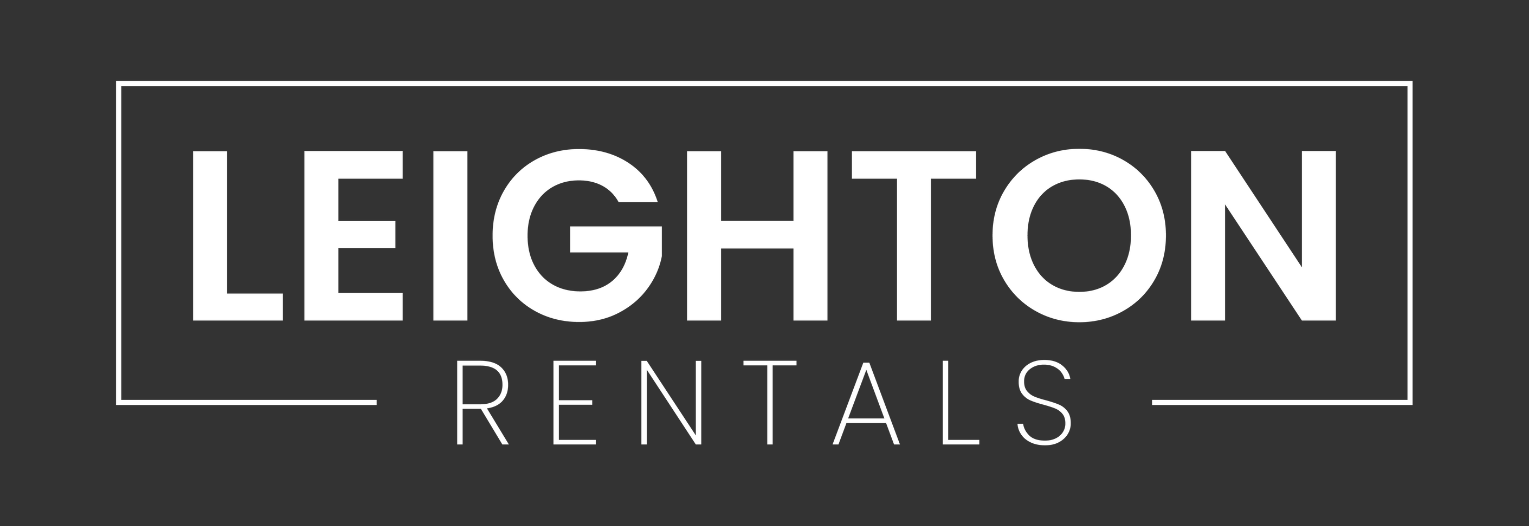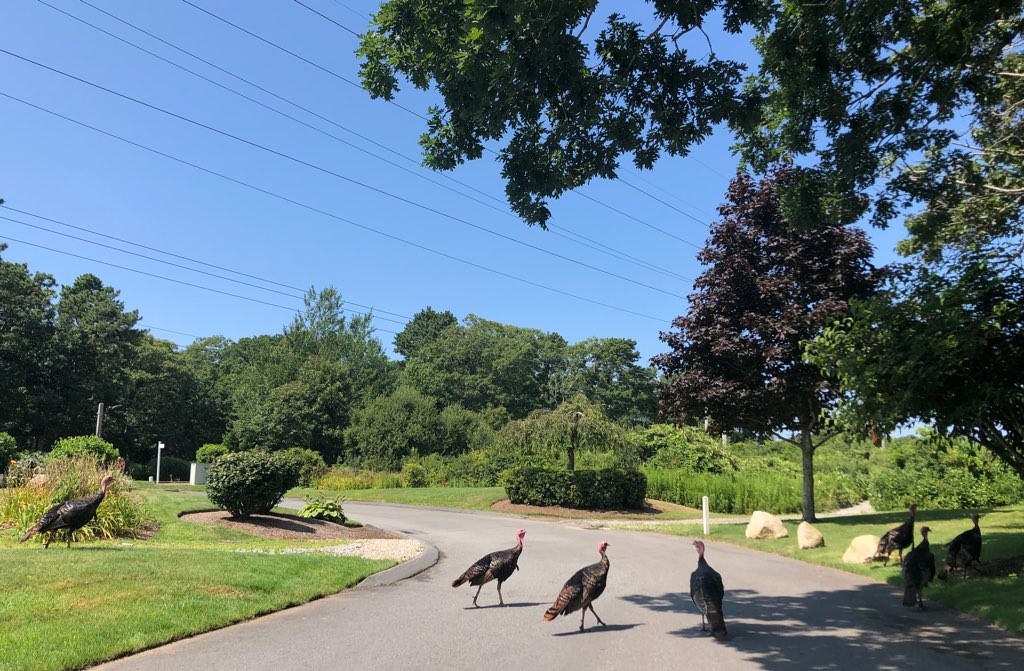Cape Cod is a popular vacation destination, and a very desirable place to live year round. Currently, Cape Cod is experiencing a housing shortage, creating a demand for more rental properties. This is why many people are making the leap to becoming a Cape Cod landlord. When there’s a high demand for rentals and a short supply on the market, the ability to cover the home’s expenses and make a profit is attainable. How do you start the process of becoming a Cape Cod landlord? Here is what you need to know if you are thinking about becoming a landlord.

Residential Income Property Types
The first decision you need to make when considering becoming a landlord is how many tenants and properties you want to deal with at a time. If you want to deal with one tenant or family of tenants, you would look for a single family home, condo or townhouse. This is a great option for a first time Cape Cod landlord, so you can learn about what this new job entails before getting in over your head. If you feel confident that you could handle more than one tenant at a time, you could buy a duplex where you rent to two tenants at a time (one in each unit), a condo development or apartment complex. If you do not want to manage the property yourself, you could always hire someone to manage the property for you. Remember that managing multiple tenants at the same time means dealing with multiple problems at the same time. Working with one tenant, responding to their needs and the needs of your income property can be tough, but multiple tenants at the same time can be overwhelming for a landlord with no previous experience.
Disadvantages of Becoming a Cape Cod Landlord
While there are plenty of advantages to becoming a landlord, there are also disadvantages to becoming a Cape Cod landlord. One major disadvantage is the amount of money that needs to be invested by the landlord, which can be about 45% of the rent collected to cover operating costs of the home. One way to offset this cost is by investing in the property with friends or family. Check out our blog, “How to Buy a Cape Cod Vacation Home w/Family or Friends.” Income property investors can expect higher down payment requirements and higher interest rates for their mortgages than owner occupied properties. Insurance can also be more costly since your home is being rented to unknown tenants.
When you’re a landlord, you are responsible when an emergency happens on your property. This means 24 hours a day and 7 days a week. Hiring a property manager or rental agency would relieve this stress from your plate when a tenant needs you. If things do not go well with the tenant you choose to occupy your investment property, it can be costly to get them out. In a year round or long term rental situation, you may need to evict the tenants which can be a very long, costly and emotionally draining process. If you choose to do both winter and summer rentals, it is always possible that the winter rental tenant refuses to leave or pay your rent when their lease expires. This will cause you to lose the rent for the time the tenant is squatting in your home, and cost you additional legal fees to get them out.
How to Spot a Good Income Property
To be successful in becoming a Cape Cod landlord, you need to find the right income property. It is important to enlist the help of the right real estate agent in your search for the perfect property that will allow you to charge a reasonable rate for tenants and still make enough to cover expenses and walk away with a little extra money in your pocket.
When looking for your perfect income property, keep in mind the first rule in real estate. Pay attention to location, location location. Look for homes that are up and coming, or have the best school systems. When you identify what demographic you want to appeal to, look for the location that would appeal to them. Do you want to rent to families, young professionals or empty nesters? If you are trying to appeal to families, look for homes with the best school district. If you are appealing to young professionals, look for properties that have easy access to the highway for their commute.
Year Round or Seasonal
Year round properties are very difficult to find on Cape Cod. Every year the search for year round housing for Cape Cod families becomes trickier and trickier. The cost of buying a house for most families can be difficult due to their credit score, ability to come up with a down payment, or any number of reasons. If you shop around, many renters are paying about the same or slightly more than a typical mortgage. So if you decide to rent your income property year round, you will receive a number of calls from people looking for housing. However, Cape Cod does have a busy summer season, which could allow you to only rent your home during the summer months and still make some money. If you do decide to rent your income property during the summer months, you should consider renting through a Cape Cod rental agency, such as Leighton Rentals. Check out our blog, “4 Reasons You Should Rent Your Home with a Cape Cod Rental Agency.”
Thinking about Becoming a Landlord?
If you are thinking about becoming a Cape Cod landlord, there are a number of things you need to consider before making that leap. Consider the expenses, the commitment to your tenants and what could possibly go wrong before you start hunting for the perfect income property. There are plenty of benefits to becoming a landlord, but it is not for everyone, so make sure you are ready!





